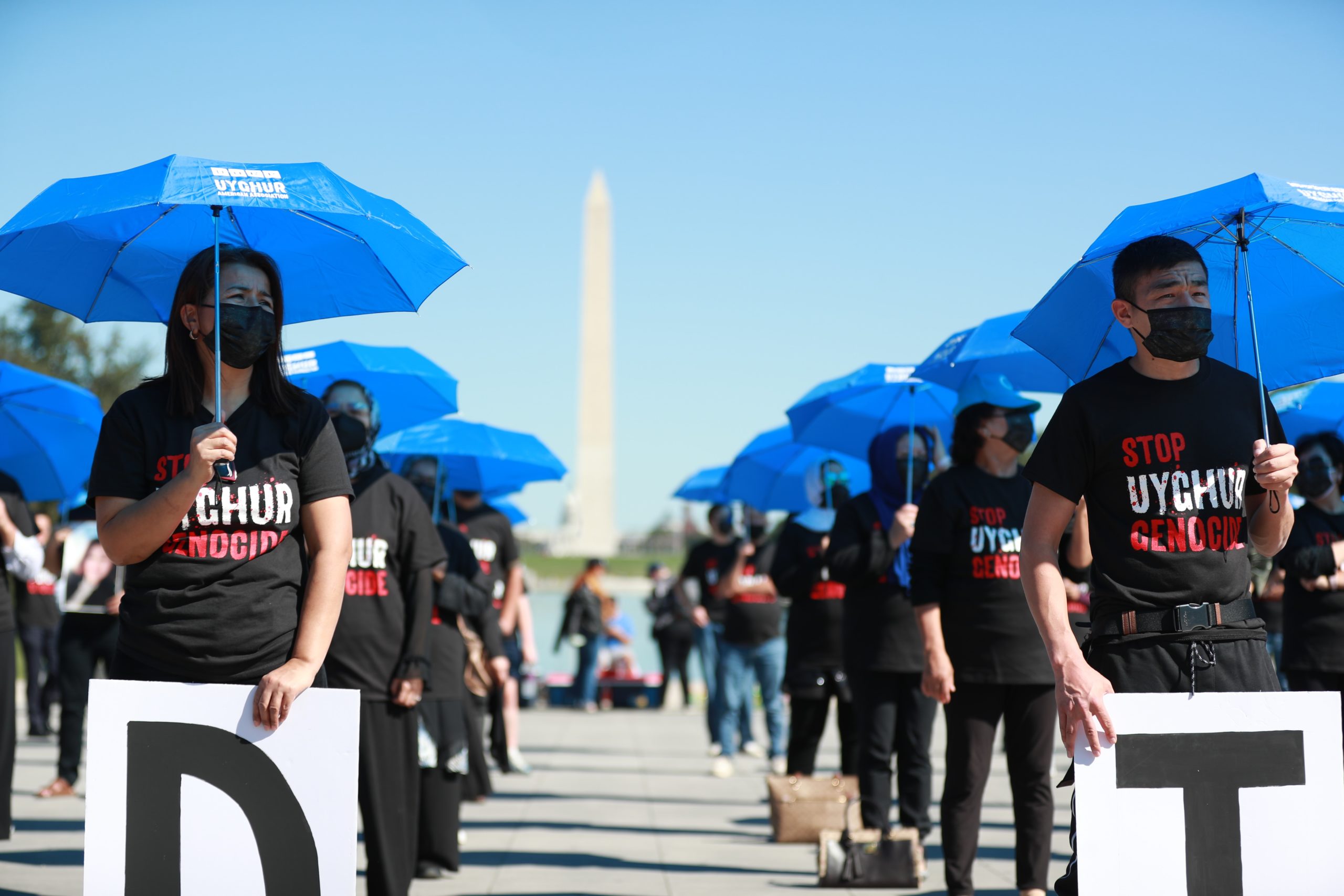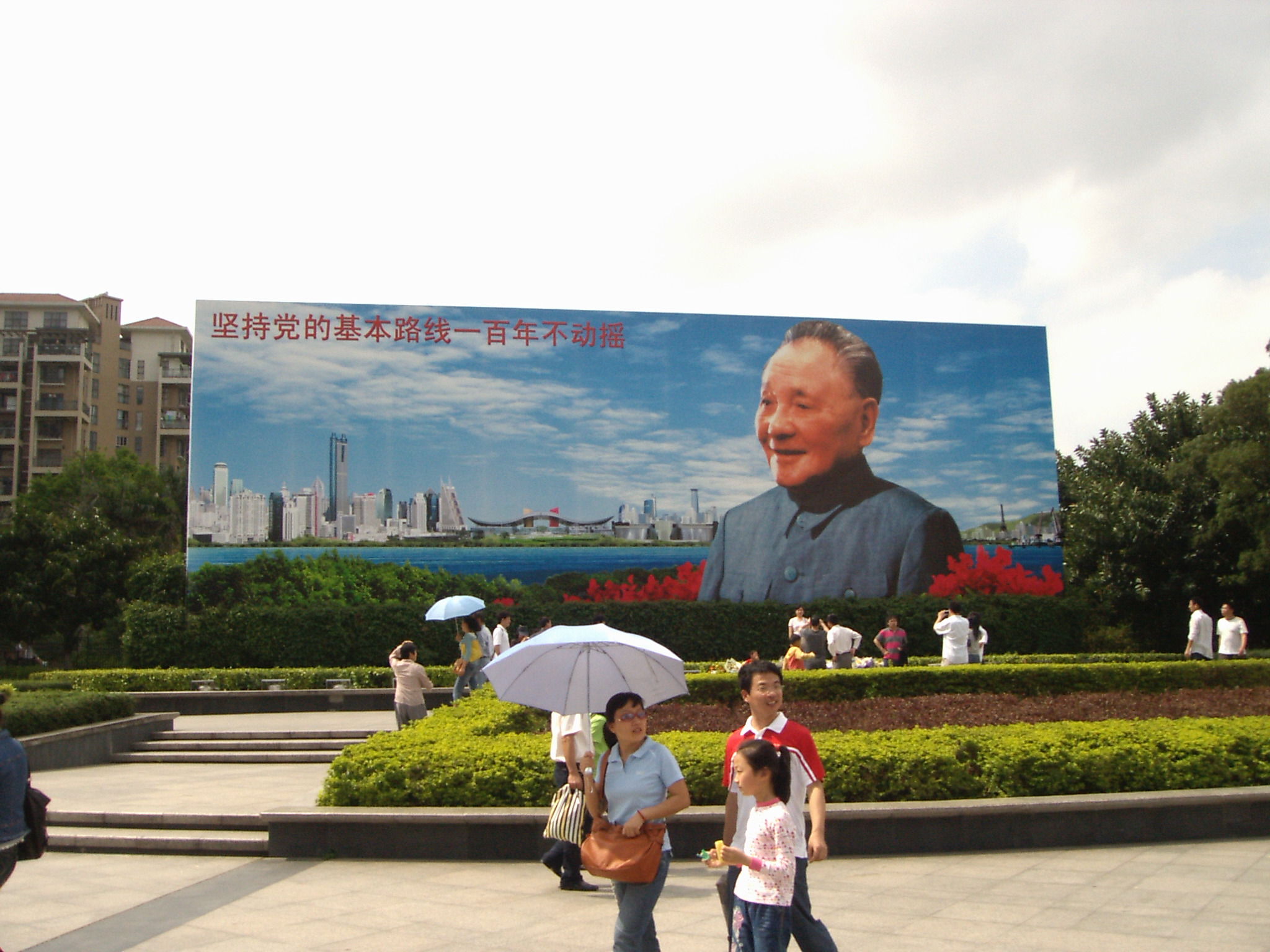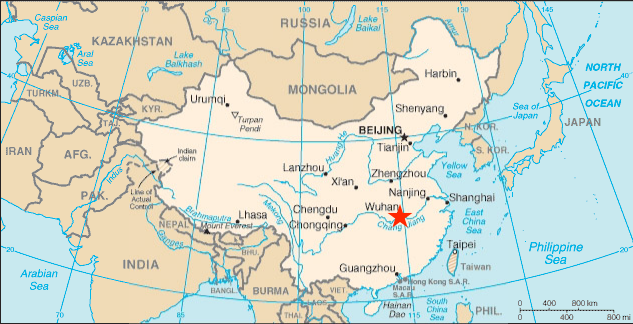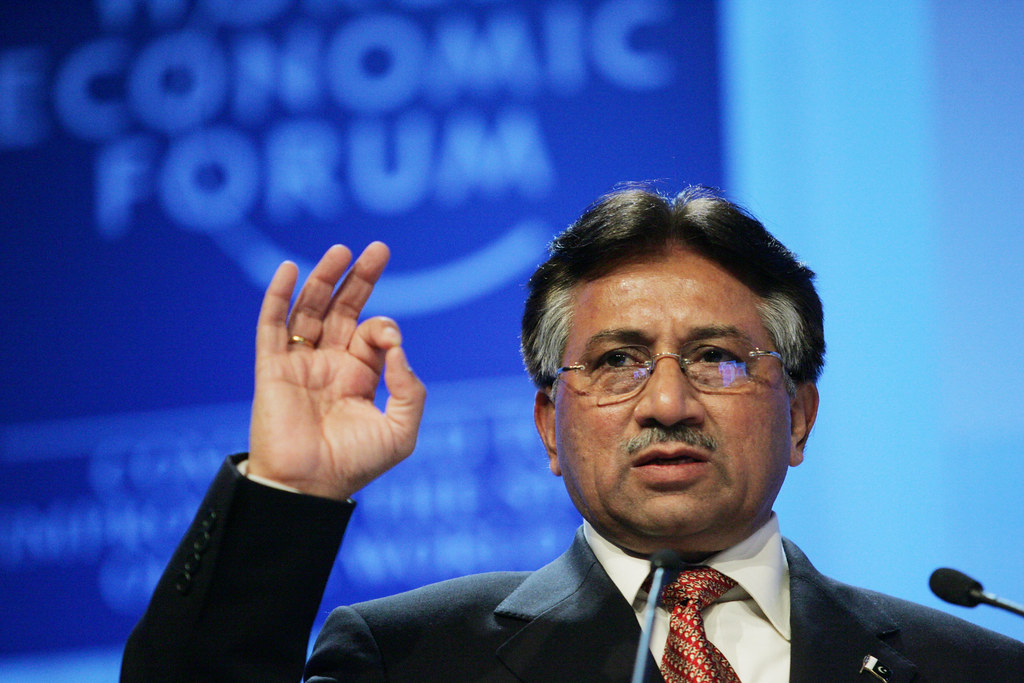Since the first 2017 reports on the Chinese ‘‘reeducation camps’’ surfaced, China’s alleged abuses in Xinjiang have captured world media attention. Number of journalists have since then reported on a worrying trend of increasing surveillance, DNA collection and mass political detentions, all of which was reaffirmed by both the Human Rights Watch and the United Nations.
Xinjiang is known to be China’s problematic region given its predominantly Uyghur population, a Muslim and Turkic-speaking ethnic minority. Since the 2009 Urumqi ethnic riots and number of terrorist attacks committed by Uyghur militants (Beijing 2013, Kunming 2014), the Chinese government has been open about its counterterrorist intentions in the region. However, despite Chinese efforts to formulate the Xinjiang question as an issue of terrorism and combating ‘‘three evils’’ (terrorism, extremism and separatism), what links all the detained Uyghurs and China’s policy in Xinjiang together is one common denominator: religion.
Fact that China’s policy is targeting Islamic religion is apparent in some of its regulations like ban on long beards and veils, questionnaires on which members of family pray, but also the recent closure of Arabic language school in Gansu. Making parallel to another mistreatment of Muslim minority in Myanmar, the case of Rohingya, one would expect Muslim countries to voice their concern over China’s dubious policy and alleged abuses on its Muslim population. However, the silence from these countries leads us to rethink what stands behind China’s policy in Xinjiang and its relations with Muslim countries in the region.
The question of Xinjiang and Uighur militants have been navigating China’s foreign policy and its relations with other Islamic countries. In the past, China has been affected by the Taliban regime as the Afghan heroin flooded Xinjiang and helped funding Islamist groups in Beijing. The same concern also pushed China to consultations with Pakistani political parties Jamaat-e-Islami (JI) and Jamiat Ulema-i-Islam (JUI). China’s main intention was to ensure security and starve the Uighur militants of funding. This was perceived as a ‘win-win’ cooperation by both sides, as it was also in other countries’ security interest, following the disrupted 2010 plot by Uighur militants to attack DragonMart mall in Dubai. This shows China’s pragmatic approach towards Xinjiang and explains how China managed to formulate the issue on security grounds when it came to its foreign policy and relations with foreign countries.
Nonetheless, as China increases repression on its Muslim community at home and the nature of policy shifts from ‘security’ to ‘religious’, it is risking international criticism by countries which are perceived as the guardians of Muslim religion. Earlier this month the Organization of Islamic Cooperation (OIC) held its 14th Regular Session of its Independent Permanent Human Rights Commission (IPHRC) from December 2nd in Jeddah, Saudi Arabia. The OIC consists of 57 member states and is often perceived as being dominated by the hegemonic position of Saudi Arabia. This means that the OIC is often used to project Saudi Arabia’s understanding of politics and Islam.
The 4-day long OIC Regular Session was briefed on the human rights situation of Uyghur Muslims in Xinjiang. The OIC recognized the reports which allege China of subjecting Muslims to ‘‘involuntary conversions in detention camps’’. It also described Chinese law in Xinjiang as ‘‘excessive in nature’’ and expressed its concerns over the treatment of Uyghur Muslims. Finally, it called on China to guarantee the right for freedom of religion as evoked by China’s constitution.
This is important development as it is for the first time some of the Muslim countries participate in any kind of recommendation on Uyghurs and treatment of Muslim minority in China. In comparison to the case of Rohingya and the recommendation as voiced in the official UN documentation on the Universal Periodic Review (UPR) of Myanmar, majority of Muslim countries like Saudi Arabia, Turkey, Oman and others voice their concerns over the treatments of Muslim minority in Myanmar. On the other hand, such concerns coming from these countries as expressed in the UPR of China documentation were lacking.
While the OIC statement signifies an important change in rhetoric of Muslim countries, it is not the for the first time that countries with significant economic ties to China dared to criticize its treatment of Uighurs. Earlier this year both Malaysia and Pakistan defied traditional Chinese narrative – Malaysia under newly-elected Prime Minister Mahathir by releasing Uighur detainees and Pakistan by calling for softer policies in Xinjiang. However, these statements are the exceptions rather than the rule of how Muslim countries react to the issue, and in the case of Pakistan were later even denied by the government itself.
Whether Muslim countries refrain from criticizing China as they fear economic retribution remains a plausible hypothesis given the growing economic ties between the two. Nonetheless, China might be reaching a limit to which persecution of religious minority might be considered by others as its internal matter tied to the question of security. For now, China has relied on economic development as an answer for terrorism and dissatisfaction. However, worsening security environment along some of its main projects (mainly CPEC) might further question Beijing’s approach to its troubled province and ultimately lead to redefining China’s policy. One way or the other, it seems that Beijing needs to reconceptualize its understanding between internal and external matter, especially in the region where the idea of a nation-state has become weaker than ever before.







